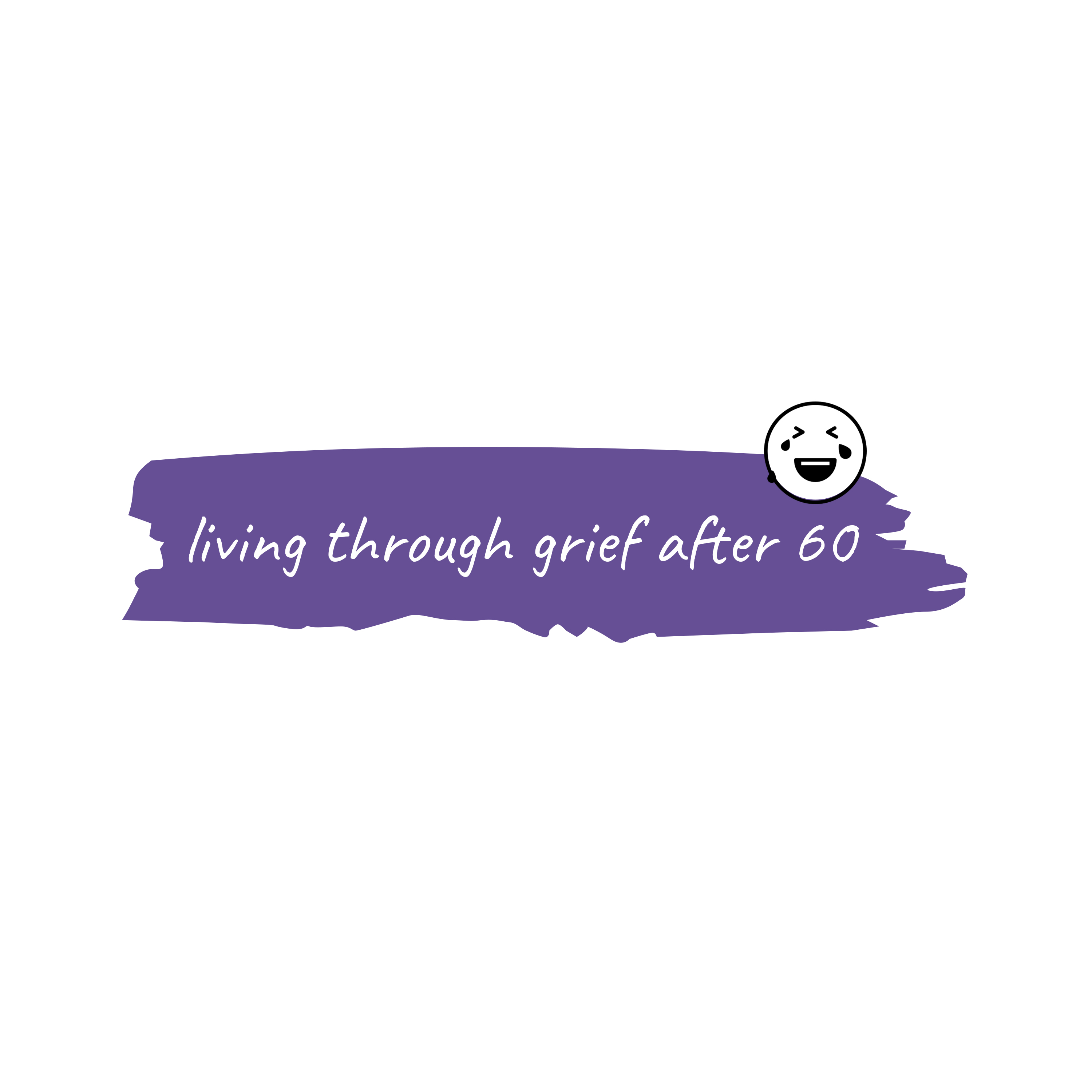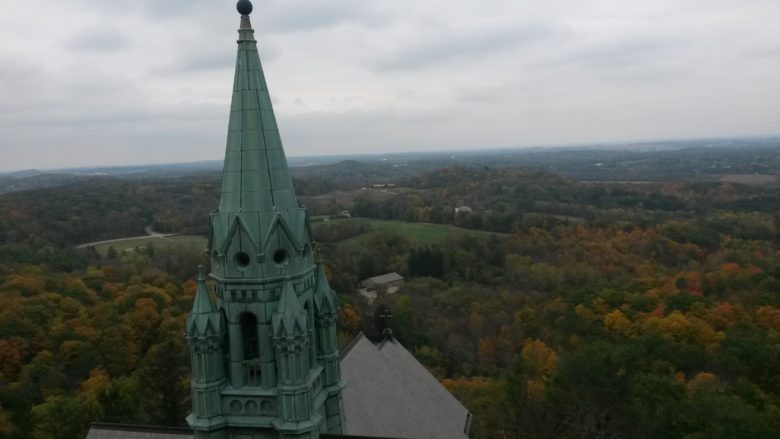This post may contain affiliate links, and I may earn compensation when you click on the links at no additional cost to you.
Tasks Mourners Do Following a Death
After a death occurs, there is much to be done. Friends and family are called and funeral arrangements are made. Following the funeral or memorial service, family members begin writing thank you notes, closing the deceased’s bank and Social Security accounts and beginning the process of selling the house. The deceased’s clothing, car and other property are given away to surviving family members. The surviving spouse or family member eventually returns to work.
With so much going on, there doesn’t seem to be enough time to begin to grieve the deceased. As a volunteer hospice grief support caller, I occasionally hear that the survivor was too busy to think about the death focusing on the above activities instead. When I leave messages for family members, I hear the deceased person’s voice on the voicemail. This could be seen as helping a loved one remember their loved one, or that the survivor could eventually record their own voice on the message.
Why People Try to Remain Busy
After all the tasks are complete, the survivor may still feel they need to keep busy. They still return to an empty house at night after a day of working or social activities. Survivors have told me that weekends are difficult because friends and families have their own activities planned. Is keeping busy a way to cope with the pain of losing their loved one? Maybe the busier the survivor is, the less time they’ll have to think about their loss and how much their family’s lives have been impacted.
The Consequences of Incomplete Grief
If survivors are too busy to grieve their loved one simply because they need to take care of their loved one’s affairs, or simply because it is hard to think about it, especially if the death was unexpected, or, if someone died in hospice, the death occurred sooner than they thought, they may not be able to grieve, and eventually move on, as well as they could. Robert Taibbi, writing in Psychology Today in 2017, wrote that there are six signs of incomplete grief, including:
- Irritability/anger
- Continued obsessing/missing of the deceased person
- Hyperalertness/becoming fearful of loss
- Overreacting behaviors
- Self-harming and addictive behaviors
- Feeling numb, apathetic and/or “low-grade depression”
Why Seniors Are In Denial About Grieving
Survivors of hospice patients occasionally share with me that they are better able to vent their pain about their loss to a stranger than to a family member. It may be because they feel that their families may tell them it’s time to move on with their lives before they’re ready.
Grieving for a loved one is difficult enough. The grieving process can be even more difficult if mutual relatives and friends passed away around the same time as their loved one. A supportive network that includes relatives, friends, fellow church members, and colleagues can help ease a survivor’s pain.
Why Incomplete Grief Results in Illness
Survivors are more susceptible to physical illness shortly after a loved one’s death. Unresolved grief can affect the immune system for survivors, especially seniors, wrote Rhonda O’Neill in Huffington Post in 2016. O’Neill noted that emotional stress while grieving is a result of the body’s “fight or flight” response during the acute stages of grief. These changes result in an increased risk of physical illness, O’Neill added.
Health Problems Due to Prolonged Grief
These health problems, O’Neill continues, include:
- Digestive problems
- Headaches and migraines
- Weight gain
- Sleep problems
- Anxiety and depression
- Heart disease and stroke
- Memory and concentration problems.
How Seniors Can Prevent Health Problems
The National Institute on Aging suggested in June 2017 that seniors should:
- Take care of themselves
- Eat right
- Talk with friends who care
- Visit with members of their church
- See a doctor.
I always ask survivors if they still feel they can talk to someone about their loss no matter how much time has passed since their loved one’s death. More often than not, they do have a supportive network of friends and family. Generally, the survivor tell me they are doing OK, but have good and bad days. The lives of everyone the deceased touched changes. Survivors have a chance to heal if they have an opportunity to keep in touch with the deceased’s children and grandchildren
How Incomplete Grief Can Be Addressed
Survivors should be allowed to grieve in their own way They can take a warm bath or read a favorite book to help relieve their pain. The family of the deceased can begin new traditions in their honor on their birthday, wedding anniversary, and on holidays including Thanksgiving, Christmas, and the Fourth of July. It is also helpful for survivors to go on an outing or to dinner with relatives. Survivors should feel free to laugh and enjoy themselves without feeling like they are forgetting the deceased.
Further Information
For more ideas on how seniors should take the time to grieve their loved ones and all the physical, social, emotional, and spiritual experiences that go with it, it is recommended that the reader review Grief and Loss: The five stages of grief and healing (Grief Recovery, Depression, Bereavement, Grief therapy, Grief counseling). It focuses on unresolved pain and the suggested actions that can help stop the pain of grieving.
Final Thoughts
Grief is something that everyone experiences in their lifetimes and does not have a time limit. If seniors 60 and over take the steps outlined above to begin to ease their grief, they will begin to have more good days than bad. They will avoid the risks that occur when they do not take the time to mourn the loss of someone they loved.

